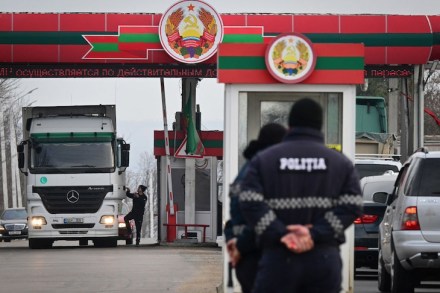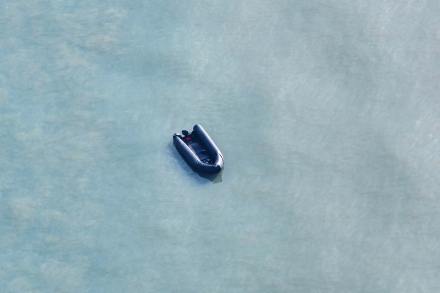Putin is engineering a humanitarian crisis in Transnistria
Sandwiched between Ukraine and Romania, the tiny republic of Moldova has been easy prey for Russia in the past. Its 2.5 million people are among the poorest in Europe and the Kremlin has been able to exploit the country’s dependence on cheap Russian gas to keep it as an ally. Putin has decided to let the people of Transnistria freeze so he can pin the blame on Moldova’s pro-EU government But Moldovans, like Ukrainians, have begun to choose another path. In 2022, they applied to join the European Union to be part of the democratic world, and then elected a pro-western president last year. Vladimir Putin’s response has been to engineer





















